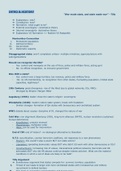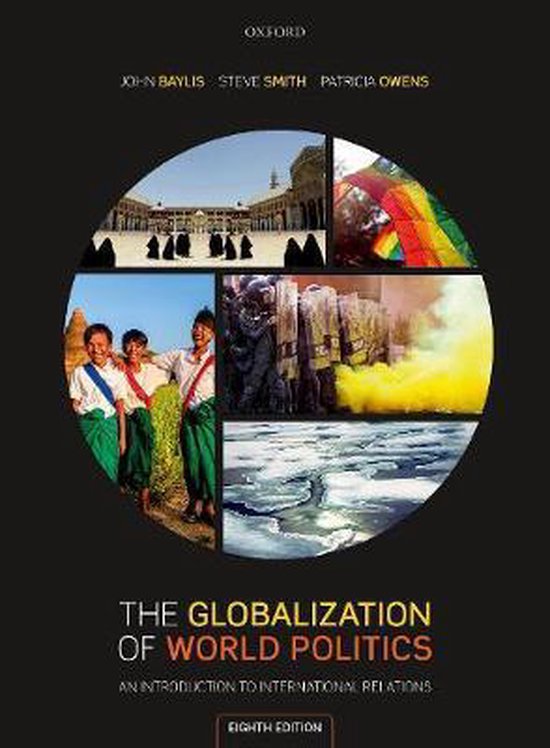INTRO & HISTORY
“War made state, and state made war” - Tilly
➔ Explanatory: why?
➔ Constitutive: how?
➔ Normative: what ought to be?
➔ External sovereignty- constitutive theory
➔ Internal sovereignty- declarative theory
➔ Explanatory VS Normative => Realism VS Realpolitik
Montevideo Convention
I. Permanent population
II. Defined territory
III. Government
IV. Diplomatic capacity
Disaggregated state: aren’t completely unitary- multiple ministries, agencies/actors with
suborganizations
Should we recognize the IEA?
- Yes: control and monopoly on the use of force, police and military force, acting govt
- No: no official recognition, no inclusive government
Was ISIS a state?
- Yes: control over a large territory, tax revenue, police and military force
- No: no UN membership, no recognition from other states, fluctuating population, limited state
capacities, legitimacy?
19th Century: great divergence- rise of the West due to global networks, IOs, MNCs
- Wronged by Empire: Manjari Miller
Augsburg (1555): leader chose the state’s religion- sovereignty
Westphalia (1648): modern nation-state system, break with feudalism
- Similar changes- formation of Qin states with bureaucracy and centralized system.
WWI: debate about causes- discipline of IR, changed the nature of war
Cold War: non alignment (Bandung-1955), long-term alliances (NATO), nuclear revolution (sustained
mutual deterrence)
- Krauthemer: unipolar moment
- Mearsheimer: multipolar order
- Haas: can be used for intervention
End of CW: end of history?- no ideological alternative to liberalism
9/11: securitization, counter terrorism coalitions, old responses to a new phenomena
- Realism: IOs couldn’t stop a power BUT non-state actors?
- Liberalism: spreading democratic values BUT why didn’t US work with other democracies or IOs?
- Constructivism: increasing role of values, transnational political networks (terrorists and HR
advocates) BUT why did HR abuses continue despite intense activism. What are the material
conditions in which a set of ideas are likely to be held?
Tilly Argument
➔ Evolutionary argument that states compete for: survival, territory, population
I. Threat of war leads to larger and more centralized states with increased tax and military
recruitment to defend borders






